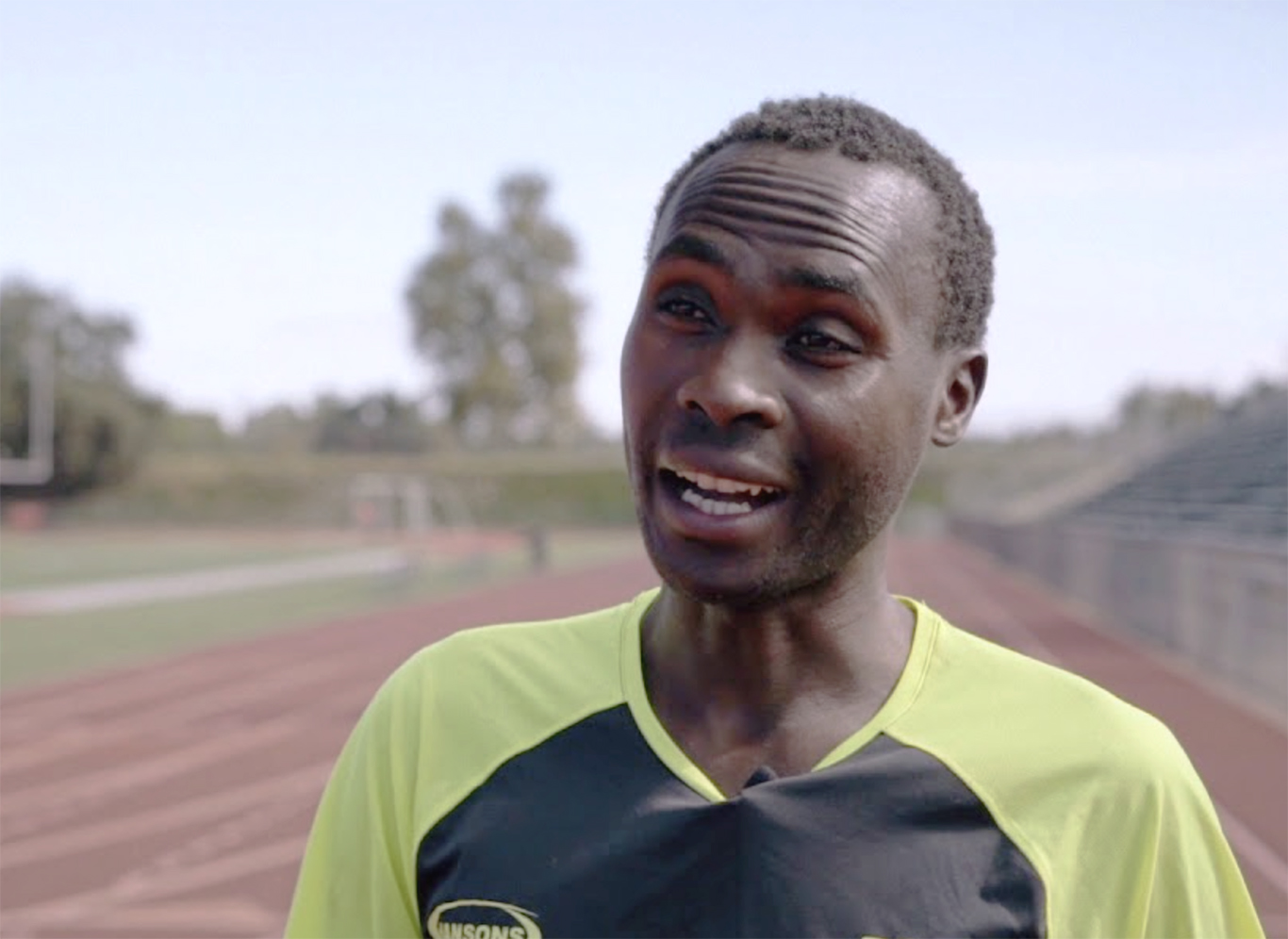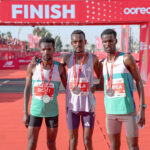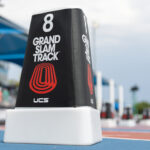The U.S. Anti-Doping Agency announced on Wednesday that an independent arbitrator has handed Shadrack Biwott a four-year ban following a hearing stemming from his presentation to defend himself against claims that a drug test on showed evidence of erythropoietin (EPO), a restricted substance.
According to a report released by USADA, Biwott’s out-of-competition on January 25, 2024 was positive for EPO — about a week before the 2024 U.S. Olympic Marathon Trials in Orlando, Florida where he dropped out of the race.
He was informed about the finding of the test later that month and chose to dispute the ban.
An arbitrator assigned to the matter agreed to delay a hearing during Biwott’s provisional suspended so he could investigate the source of the positive test.
Biwott and USADA were given an opportunity to present their cases on May 7, 2025 and the arbitrator found that Biwott could not determine the cause of the illegal substance. The report noted that the sample was analyzed by four separate scientists who all concluded that the EPO was present in the sample.
“EPO use remains a popular method for those looking to cheat, as we have seen by several recent cases,” USADA CEO Travis T. Tygart said in a statement. “It’s so important to conduct strategic special analysis and blood testing to catch doping and protect clean athletes’ right to a fair playing field.”
Biwott’s provisional suspension began in February 2024 and he has been disqualified from any competitive results on and after January 25, 2024 and must forfeit medals, points and prizes gained since then.
In a lengthy message posted on social media on Thursday, Biwott, 40, defended himself and explained that analysis on a secondary sample from the initial test in January 2024 indicated that there was likely an error on the positive sample since the secondary sample showed no irregularities.
“I was surprised because I have never taken any performance-enhancing drugs. I’ve spent my career dedicated to the sport both as an athlete and a coach and have never compromised my integrity,” the statement read. “I consulted with doctors and experts to try to understand the erroneous result. Through that investigation, I proved that a blood test on a sample from the same day was completely normal and there were no abnormalities in my Athlete Biological Passport (APB).”
USADA describes EPO as a “non–specified substance in the class of peptide hormones, growth factors, related substances and mimetics” and is banned under any circumstance. While EPO naturally naturally occurs in the body as hormone, synthetic versions can boost red blood cell count and hemoglobin levels. The elevated cells can speed up the quantity of oxygen that reaches muscles and potentially increase performance and recovery.
“Together, with my lawyer, I presented these facts in arbitration and I am prepared to make my WADA bloodwork and ABP available for public review. I have nothing to hide. I feel obligated to not only defend my innocence but to fight for people who do not have the same privilege,” Biwott continued in his statement posted to social media. “I am deeply disappointed in the outcome of my case. I truly believed all the facts would lead to a different result. I take comfort in knowing that I have always believed in a clean sport, hard work, and competing with integrity. I appreciate the support from my family and friends, it means everything.”
Biwott’s ban will end in February 2028.
He finished seventh at the 2016 U.S. Olympic Marathon Trials and took fourth place at the 2017 Boston Marathon and third the following year.







